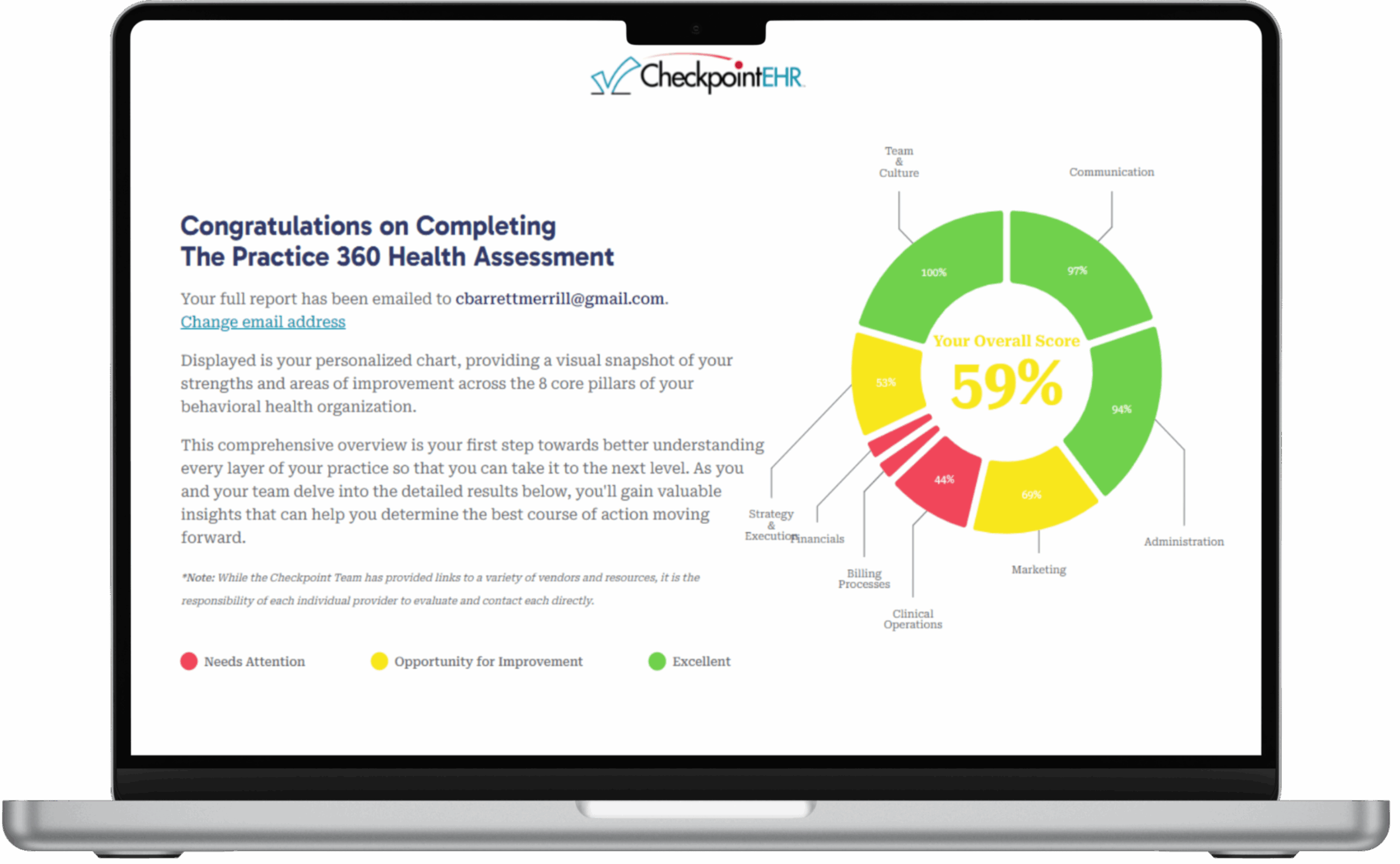What’s an Ombudsman? (And how they can help therapists)

As behavioral health providers, dealing with insurance companies and Medicaid payers often feels like an uphill battle. Delayed reimbursements, denied claims, or constantly changing regulations can make it challenging to focus on what matters most — caring for your clients. Fortunately, there’s a resource that can help: the ombudsman.
So, What Exactly is an Ombudsman?
An ombudsman is an independent advocate who assists providers and individuals in navigating the complexities of managed care. In the healthcare field, an ombudsman’s role is to help resolve disputes, answer questions, and assist with issues related to insurance, Medicaid, or other payer interactions. Ombudsmen are particularly valuable for behavioral health providers who often face unique payer challenges, such as navigating complex authorization processes, handling claims denials, or addressing reimbursement issues.
How Can an Ombudsman Help You?
- Mediating Disputes with Payers
Ombudsmen act as impartial mediators between providers and payers. If you’re dealing with repeated denials or have trouble getting clear answers from an insurance company, an ombudsman can step in to facilitate communication, clarify policies, and ensure you’re being treated fairly. This can be especially helpful if you feel stuck or that your concerns aren’t being adequately addressed by your payer. - Assisting with Complaints and Appeals
Filing complaints or appeals can be time-consuming, but an ombudsman can guide you through this process, helping you submit necessary documentation and ensure your case is reviewed. They understand the requirements for submitting appeals and can provide insights that may improve the likelihood of a successful outcome. - Educating on Policies and Rights
Ombudsmen also help you understand your rights as a provider and educate you on payer policies. For example, they can help clarify Medicaid or insurance regulations, making it easier to comply with requirements and avoid issues down the line. - Promoting Fair Practices
Because they’re typically funded by the state or an independent organization, ombudsmen are dedicated to promoting fairness in managed care. Their impartiality helps ensure that providers aren’t unfairly burdened by payer practices and can advocate for systemic changes when patterns of unfair treatment arise.
How to Find an Ombudsman
Finding the right ombudsman depends on your location and the types of payer issues you’re facing. Here’s a simple guide to help you locate an ombudsman:
- Start with Your State Medicaid Office
Many states have dedicated Medicaid ombudsmen programs for both providers and Medicaid recipients. Your state’s Medicaid website often has a “Provider Resources” or “Contact Us” section where you can find information about ombudsman services. - Check with Professional Organizations
Professional associations, such as the National Association of Social Workers (NASW) or the American Psychological Association (APA), may have resources or contacts for ombudsman services that work specifically with behavioral health providers. Additionally, some insurance networks and behavioral health organizations maintain relationships with ombudsman offices and can direct you to helpful resources. - Ask Your Payer Directly
Some managed care organizations (MCOs) and Medicaid plans have internal ombudsmen or provider advocacy teams. Reaching out to your payer’s customer service or provider relations department to ask about ombudsman resources can be an efficient way to find targeted help. (Visit CheckpointEHR’s state-by-state payer’s directory for website links & contact info) - Search Online Directories
Websites like the National Health Law Program and local legal aid services often list ombudsman resources by state. These directories are particularly helpful if you’re seeking independent ombudsmen who handle specific managed care or Medicaid issues.
Final Thoughts
Navigating payer relationships can be challenging, but remember that you don’t have to do it alone. An ombudsman offers expert guidance, support, and advocacy so that you can focus more on your clients and less on administrative frustrations. If you’re struggling with payer issues, reaching out to an ombudsman might just be the key to finding relief and resolution.
Up Next… Article #8 in our Medicaid Blog Series: Common Reasons Claims are Rejected and Denied — And How to Resolve Them



